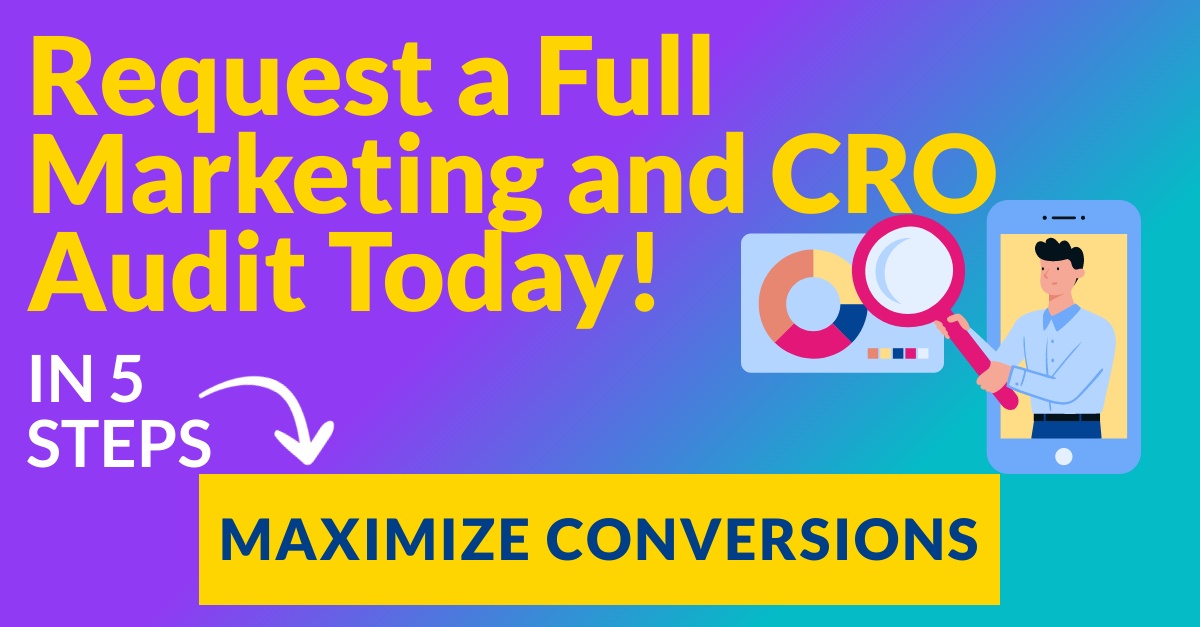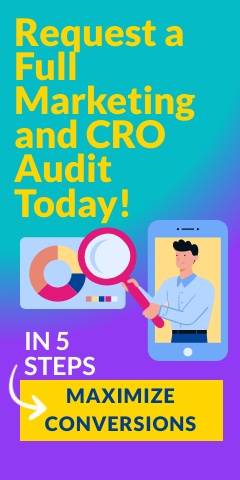 I listened with intense interest to two keynote speeches at PubCon in Las Vegas last week. The first, on Tuesday, was given by Jason Calacanis, founder and Chief Executive of Inside.com, as well as a long time angel investor, mainly in the techno-media arena. The second, on Wednesday, from Matt Cutts, long time director of Google’s Webspam division.
I listened with intense interest to two keynote speeches at PubCon in Las Vegas last week. The first, on Tuesday, was given by Jason Calacanis, founder and Chief Executive of Inside.com, as well as a long time angel investor, mainly in the techno-media arena. The second, on Wednesday, from Matt Cutts, long time director of Google’s Webspam division.
Calacanis’ keynote speech was just loaded with great information on the “State of Media,” all media. Frankly, I could not think of a single individual that could demonstrate a greater command of the subject, its history and its future. Jason provided valuable insight and perspective as to who the players are, the likely winners and losers, including future winners that few, even in this relatively tech savvy audience, were aware of.
Jason made a significant point that a footnote throughout his 100 slide presentation is that “Google Wins.” He explained that there is no limit to Google’s ambition, their smarts and their just plain drive to dominate all media (Howard Stern, where are you?). From search to mobile to operating systems, Calacanis illustrated just how connected Google is to virtually everything around us.
While he demonstrated a great deal of respect for Google and its prowess, Jason made some very serious charges primarily pointing to Google as a partner, specifically as a very poor partner, even vulture-like. He made numerous references to Google entering the most successful online industries, actually competing with those that have done so well as a result of Google’s dominance, presumably using metrics that only Google could have. However, his most important comments for me as an executive of an Internet Marketing and Technology company had to do specifically with what Google has systematically done to their once-believed-to-be organic marketing partners like Optimum7. He made specific references to:
- Encryption of Data – obvious reference to Google now completely encrypting all keyword data severely curtailing the ability for online marketers to actually measure keyword metrics.
- 400 Pixels Lower – the fact that Google has shifted organic results 400 pixels down the page … translation … Google paid ads above the fold while organic results are now mainly below the fold.
Calacanis referred to Matt Cutts, the 2nd day keynote speaker, as difficult to figure out. He wondered whether Matt is just a nice guy with a nice smile that is clueless as to these practices of Google, his employer, or, if he is just a brilliant front man that continues to show a soft side of Google, providing a convenient public face of seeming clarity, transparency and benevolence. Jason shared his frustrations with Matt discussing meetings and confrontations that produced little in the way of positive results, at least from Jason’s perspective. Apparently, Jason’s large website, http://www.mahalo.com, had experienced what many websites have experienced; declining visibility, lost rankings, lower traffic and poorer business results with little in the way of clarity, explanation or transparency coming from Google. This was an obvious reference to the Panda, the Penguin and now the Hummingbird. Calacanis’ main point is that we (online media companies) need to find better partners because Google just isn’t a good partner. He used Matt Cutts as the focal point of his frustration with the company.
Cutts spent the lion share of his keynote discussing Google’s historical, continuing and future plans to deal with Webspam towards Google’s stated goal of providing fast, reliable and valuable results for users worldwide. This included discussion of Penguin, Panda and Hummingbird, no doubt, however, he explained that Google is working at improving “machine learning” with major reference to better learning searcher intent and context rather than just understanding keywords individually or in a vacuum. He shared a number of examples of the implications of these efforts, specifically relating to how Google will further improve and perfect search in the future.
All of this was good stuff in my estimation. However, I was really disappointed at what happened at the beginning of the Q&A. While everyone wanted to see if Matt would respond to Jason Calacanis’ criticisms of Tuesday, it seemed rather staged as the moderator brought the issue up, which Matt feigned reluctance to respond to … except that he had a full set of slides ready once the audience vocally encouraged the response led by the moderator. Even more disappointing was the response itself. Instead of directly responding to the charges made, Cutts used the Q&A time to mainly trash Calacanis, specifically mahalo.com showing clear examples of spammy, poor content.
Yes, the content sucked. It was spammy. Jason has no leg to stand on regarding mahalo.com. But that misses the point entirely.
PubCon is the most important online marketing conference of the year, every year. Yet, consider that Matt Cutts had nothing to say about even one of the following key issues at the front of everyone’s mind in the audience:
- 100% encryption of organic keyword data – all in the name of individual privacy. However, Google doesn’t have the same respect for the same individual if they happen to click a paid ad. This raises many questions regarding Google’s integrity, anti-competitive / monopolistic practices. Further, Google doesn’t have to encrypt the keyword data to protect privacy concerns. Marketers don’t need to know the identity of the searcher; they seek data re searchers’ behavior … in the aggregate.
- 400 Pixels – organic listings now mainly below the fold because they are pushed lower on the page, by about 400 pixels, displaced mainly by paid ads.
- The Monopoly – Google dominates search. Do they not have a special anti-trust responsibility to display search results with a level playing field i.e. the way they did before they went public when they didn’t feel the need to crank out every paid click they can to satisfy the short term expectations of Wall Street?
- Partner or Competitor – I, as many in our field, used to think that we had a symbiotic relationship with Google. In other words, the greater the quality of the results on page 1, the greater the value of page 1. So, we create, implement and promote quality content and good things will happen. If page 1 is more valuable, more elite, then paid advertisers will bid more for the exclusivity of page 1 visibility. But, apparently not, or at least, not predictably. The fact is that any careful analysis illustrates that Google search either has a long way to go or that Google is purposely and purposefully destabilizing results to mask the algorithm and to continually trip up organic marketers, funneling them to paid search, particularly to target keywords, which they know customers still want.
Google used to be about “Do No Evil.” However, for whatever motive or reason, it doesn’t matter. The poor transparency, communication, cooperation all point to inescapable truth that Google cannot be seen as a likely business partner or even a neutral bystander. They are dominant and seek more dominance in search and, in all likelihood, many new targeted markets.





